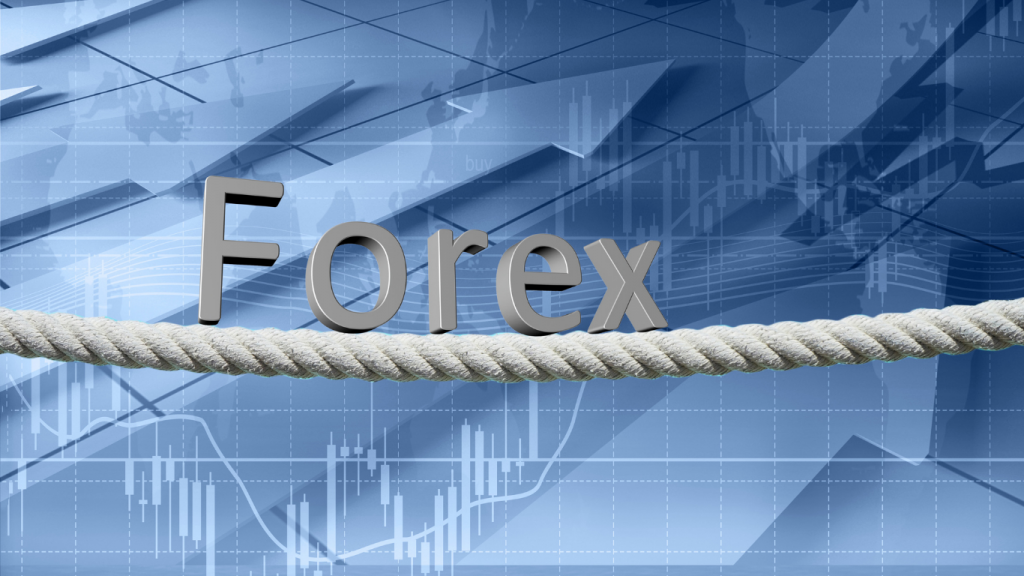Optimism
It is said that when you focus on the positive, you tend to have positive results. Is it really that easy in trading? It is not that easy, but it can help you a lot!
We all know how successful people tend to have an optimistic and positive mindset. Out of all the confident and successful people you know or met, how many of them had a negative attitude or mindset? I believe you already know the answer but I will point it out anyway: a very low percentage or even none.
It is important that when you find yourself in a difficult position or in the middle of a drawdown, you should keep your positive and optimistic attitude and think about how to get out of the difficult position, and keep following your trading plan correctly.
On the other hand, as long as you can’t keep your emotions in check when trading, and you always stress yourself out, you will keep losing money. First of all, you should start working on yourself and improve your mindset. The best way to start feeling optimistic about your trading is to start educating yourself. Start reading and improve your trading psychology, mindset, strategies, always be in check with the latest news, limit your trading risks, make your own trading plan and goals.
But don’t ever get too optimistic, you need to keep your optimism and expectations real, if they are too high you will end up disappointed. You should always be aware that losing trades will come no matter how well you are prepared. By keeping expectations real you will also reduce the fear of losing trades, which can keep you confident in taking your next good trades.
Fear
Another important feeling that can greatly reduce your ability to truly make it in Forex trading is FEAR.
Fear is a basic survival instinct that we are born with. Without fear, we wouldn’t be able to recognize danger and react to it. But in trading, relying on this basic instinct too much could scare us into making bad trading decisions that go against our trading habits.
In trading, fear can be of many types:
- Fear of losing a trade
- Fear of losing your hard-earned money
- Fear of taking another trade after a profitable month
- Fear of not reaching your trading highs and goals
- Fear of depositing more in your trading account even if you have the skills to consistently become profitable etc.
No matter what your fears are when you trade, they will really affect your trading style and profitability in the long run. I am sure you have experienced at least a few of the fears mentioned above but don’t worry, a lot of traders do!
Once you pinpoint the source of fear, make the necessary changes in your trading style. Now is the time to start asking yourself how can you get past those fears?
1.Recognize your fears
The first step in overcoming them is to recognize and accept that those fears are really there. Putting yourself in a denial position brings you no good. Having fears when trading is nothing to be ashamed of and you should accept that it is just another problem that you need to work on in your journey to become the trader that you wish to.
2.Treat trading as a business
Like we said when we talked about optimism, for a trader there will be months when he is on a roll and “killing” the markets with a lot of winning trades, but like every trader out there he will also experience losses from time to time.
Don’t fear taking a losing streak, it happens for all traders. If you treat trading as a business you will be able to accept losses and them as they are part of the trading process.
3.Stick to your most suitable trading plan
Once you have acquired your business mindset, it’s time to acknowledge what makes you a profitable trader. Get back to what you’ve learned from the beginning and see what’s working for you and what’s not. If something works, keep doing it. If you find something that didn’t work, try avoiding or changing them.
Since we are humans, it will be impossible to eliminate all trading mistakes and they will keep happening from time to time, no matter how experienced we are. But it is important that we limit them and we stick to what makes us successful traders.


